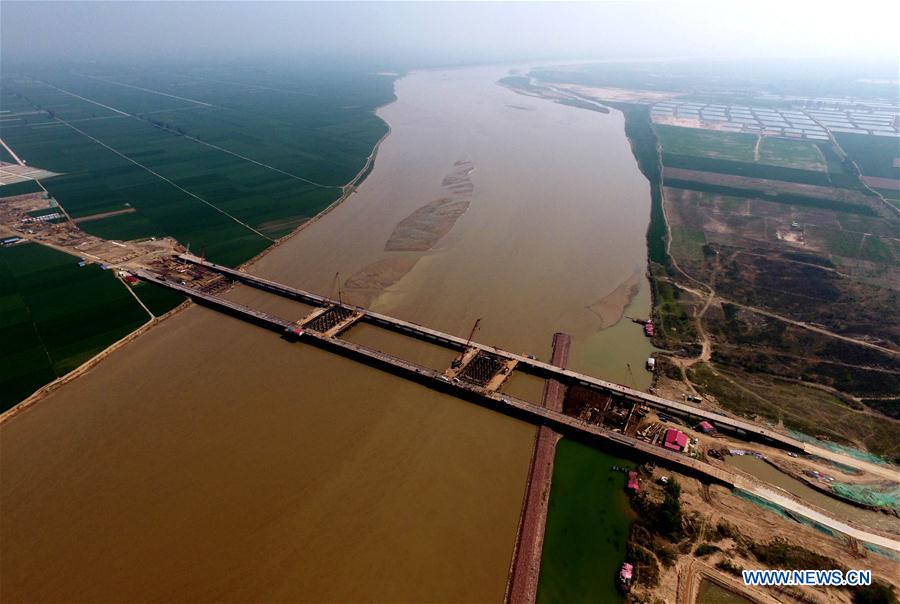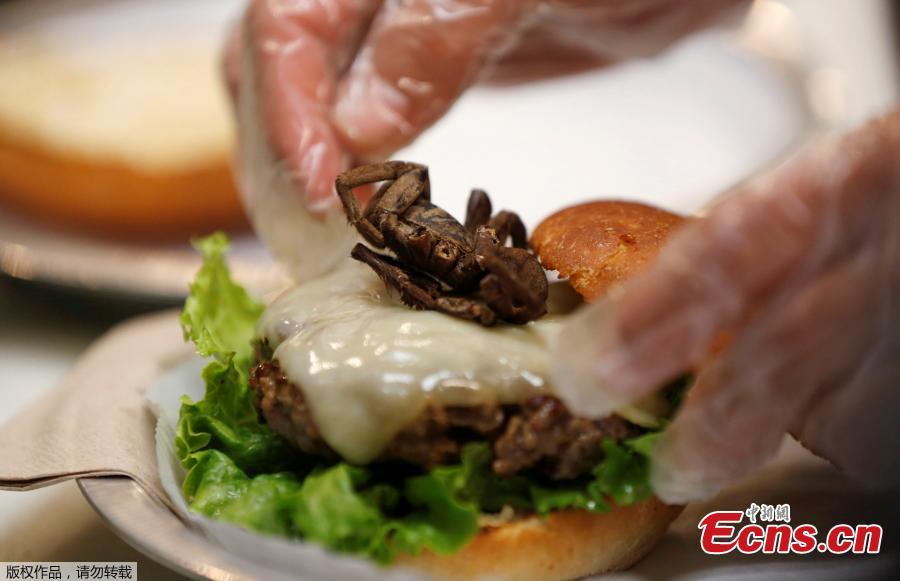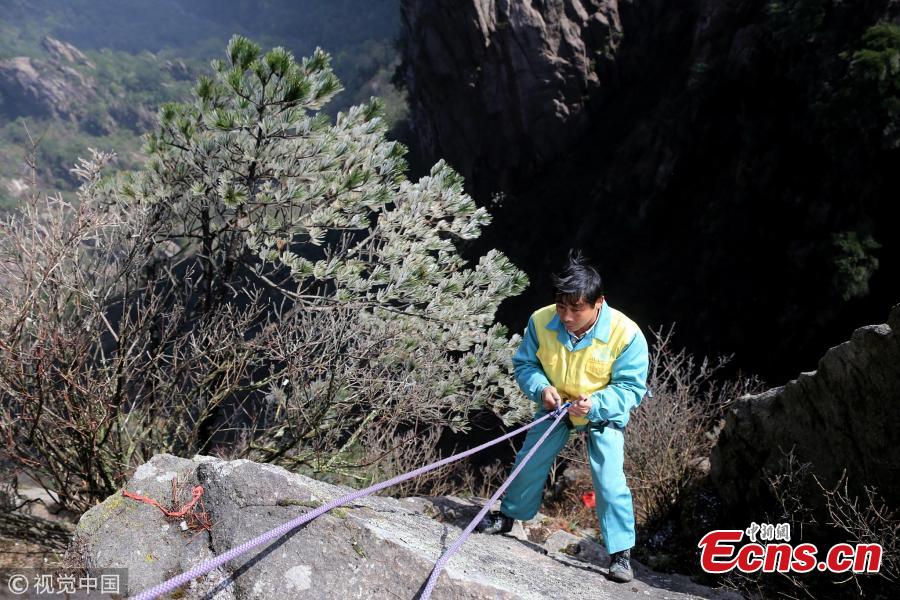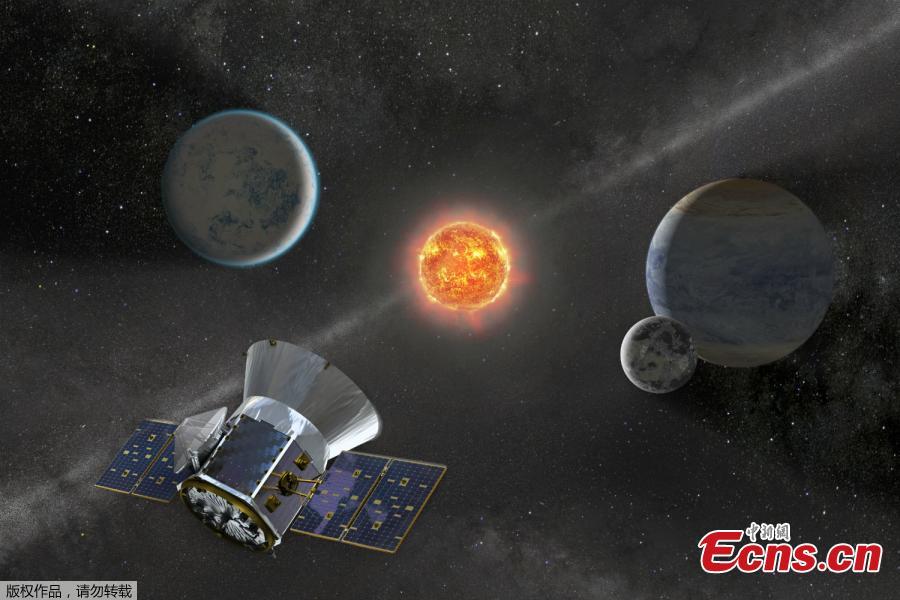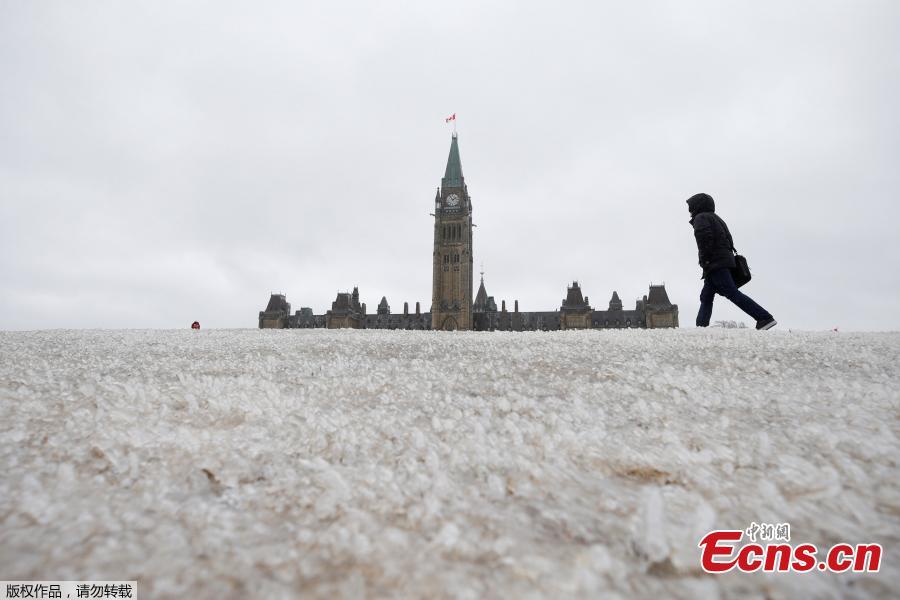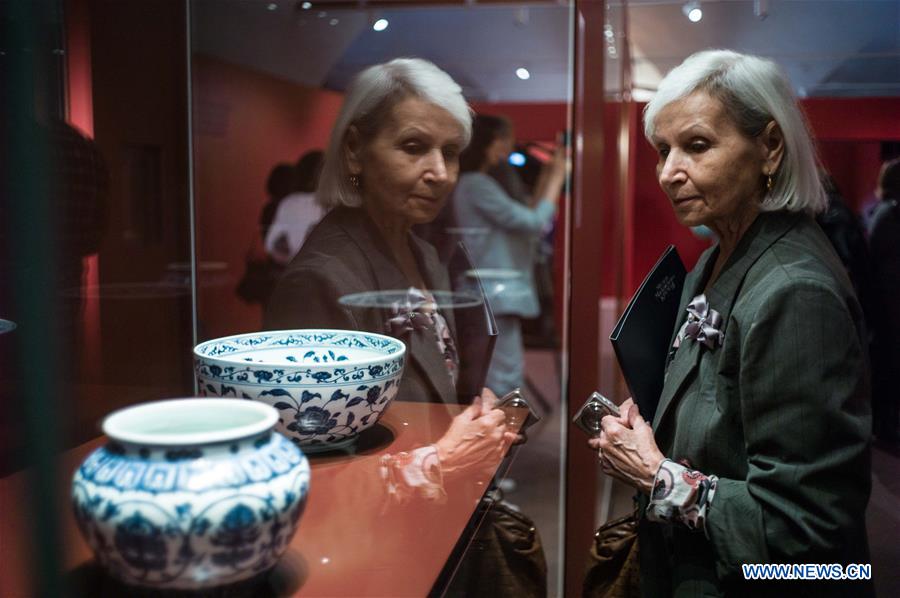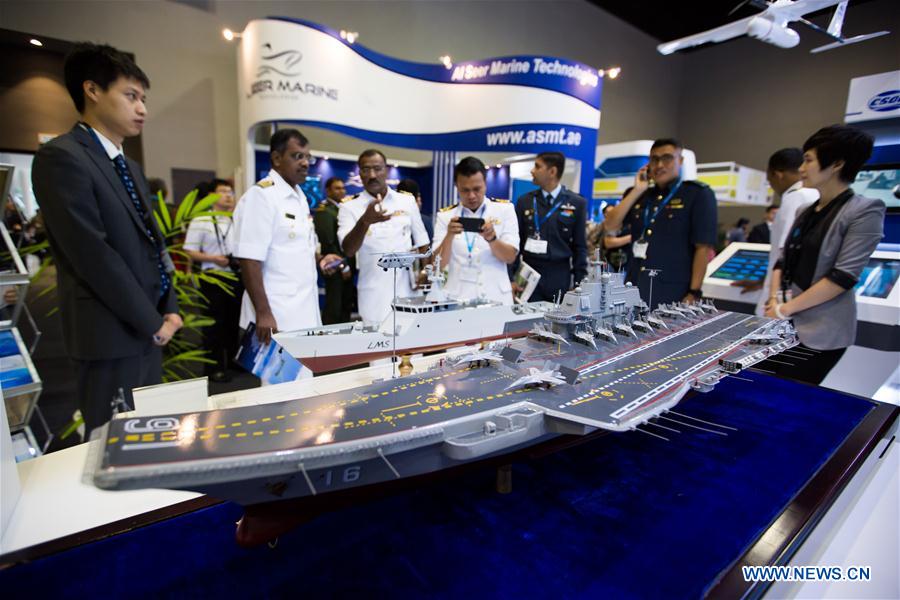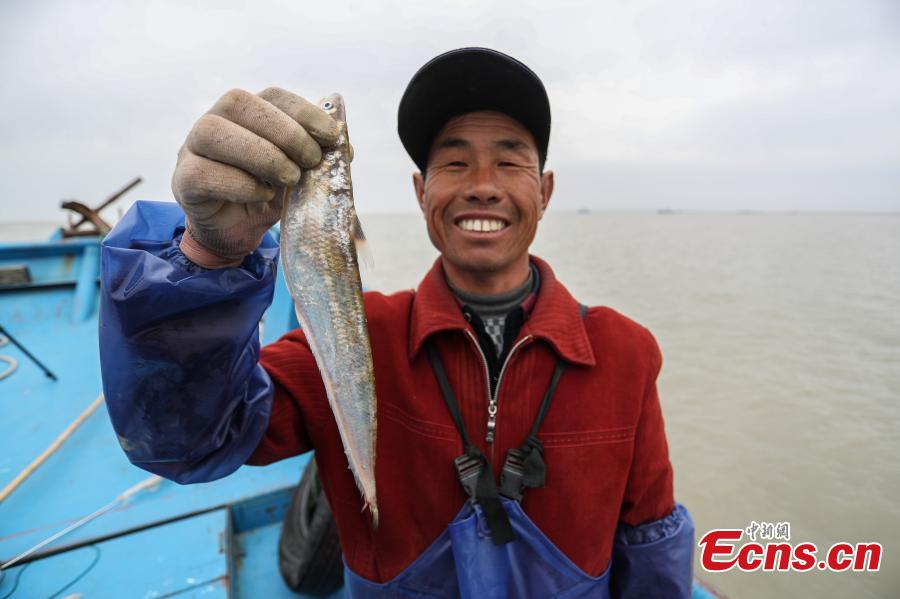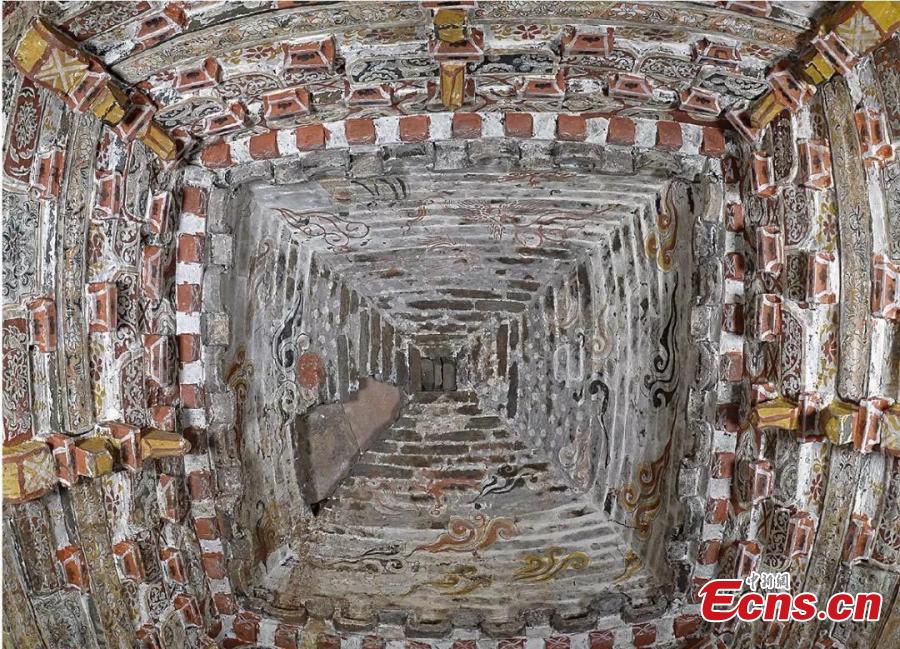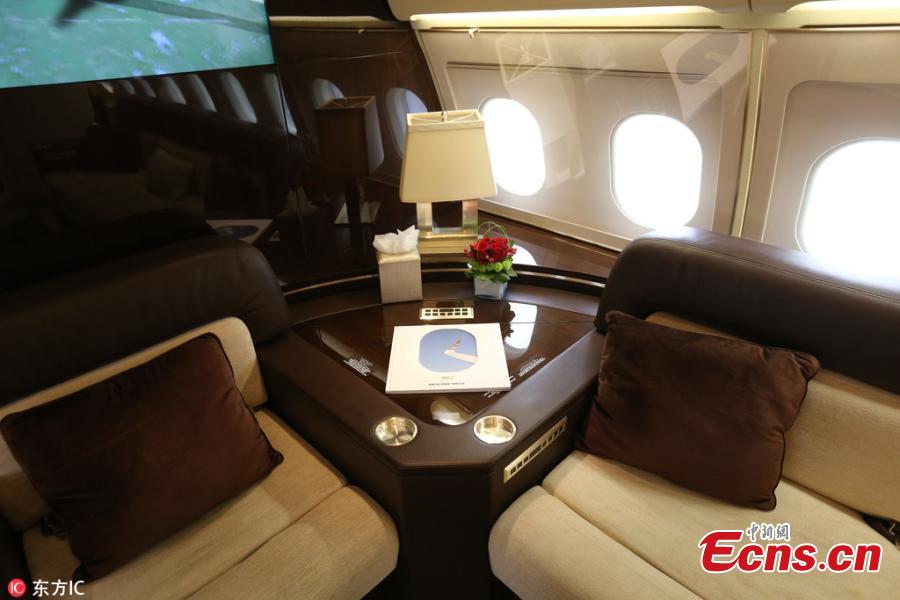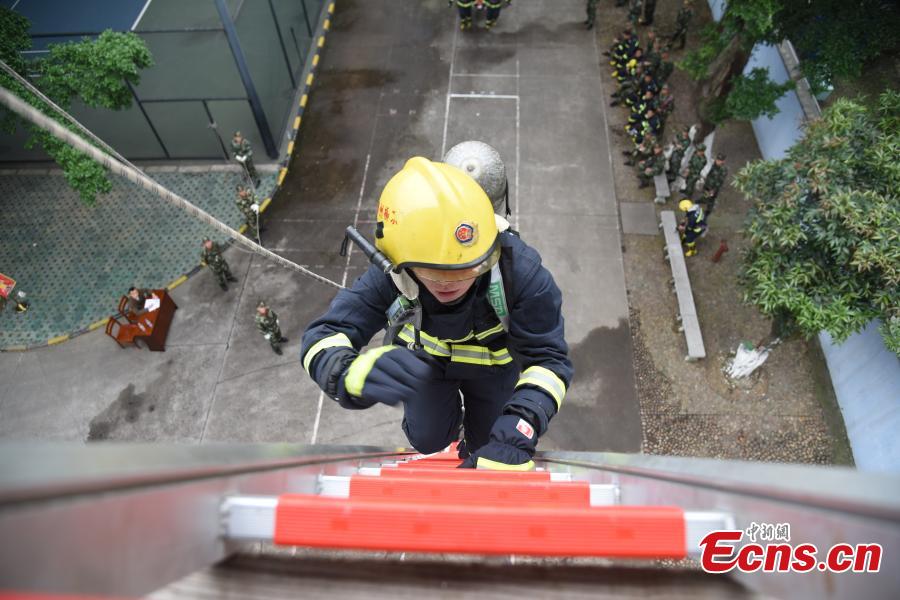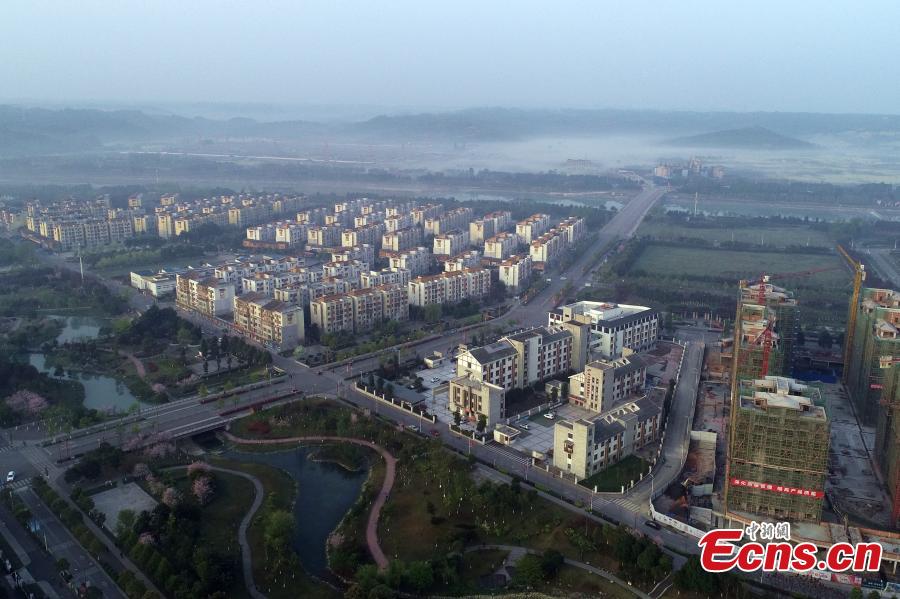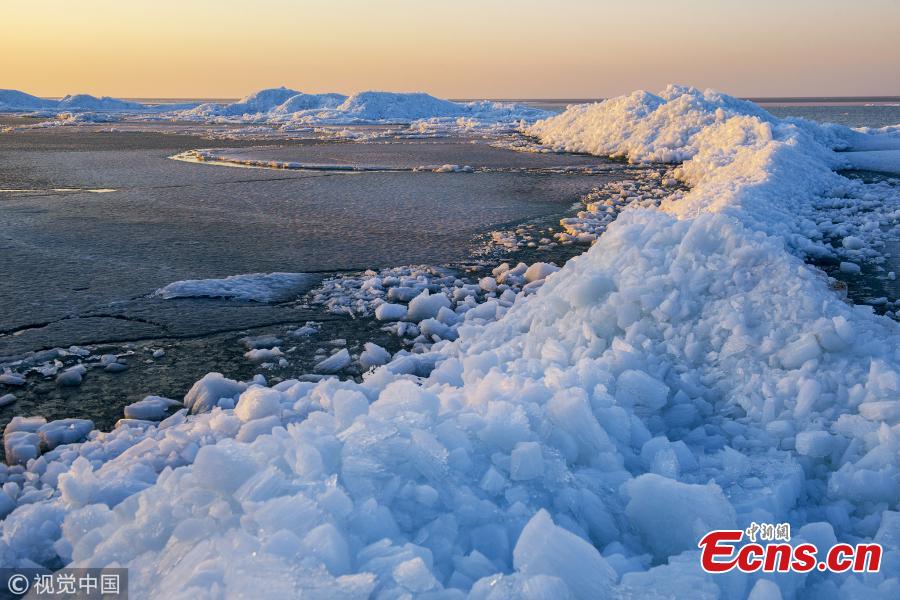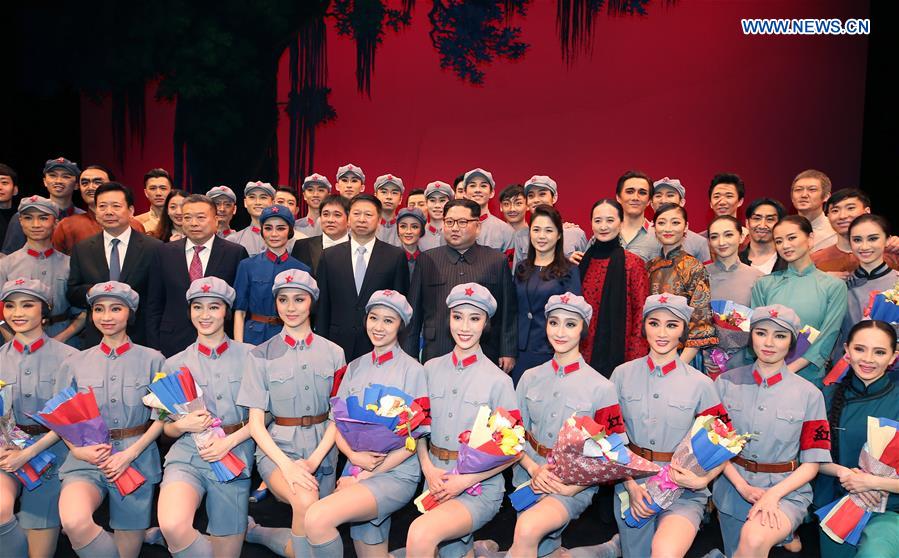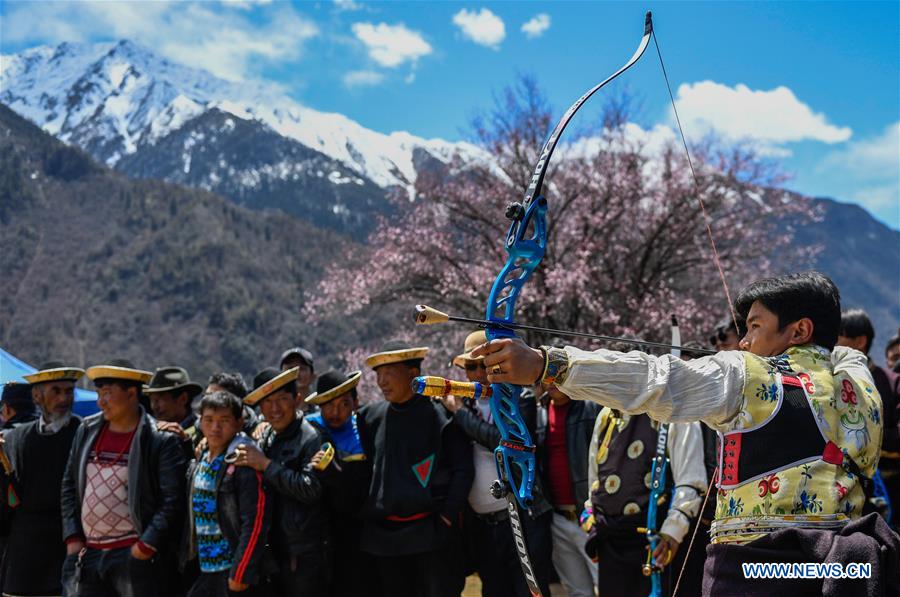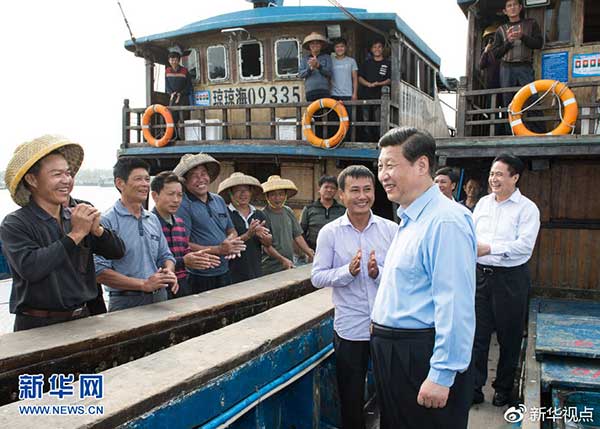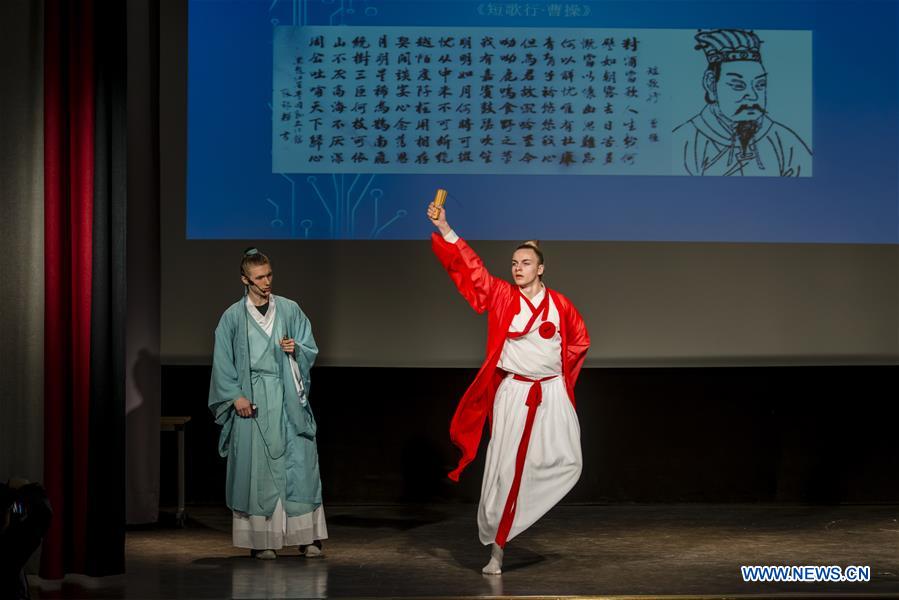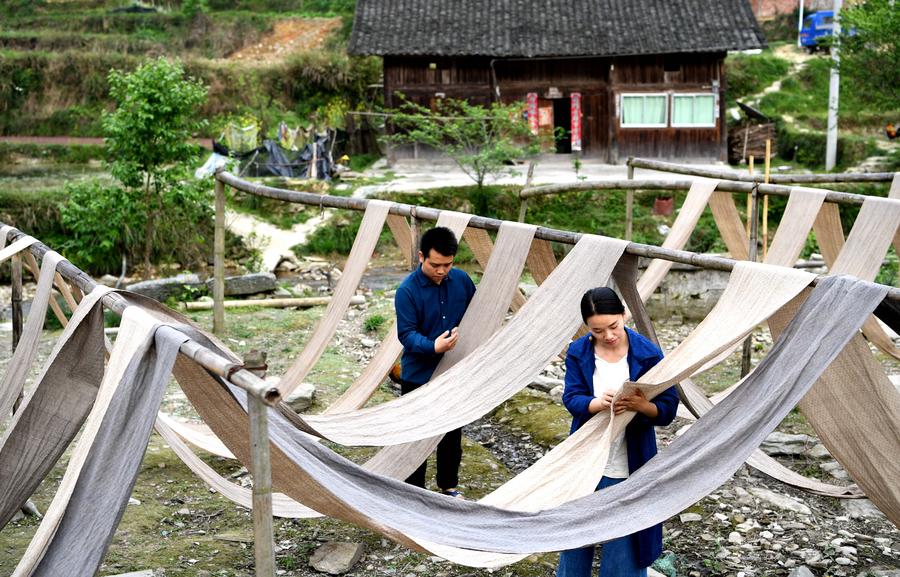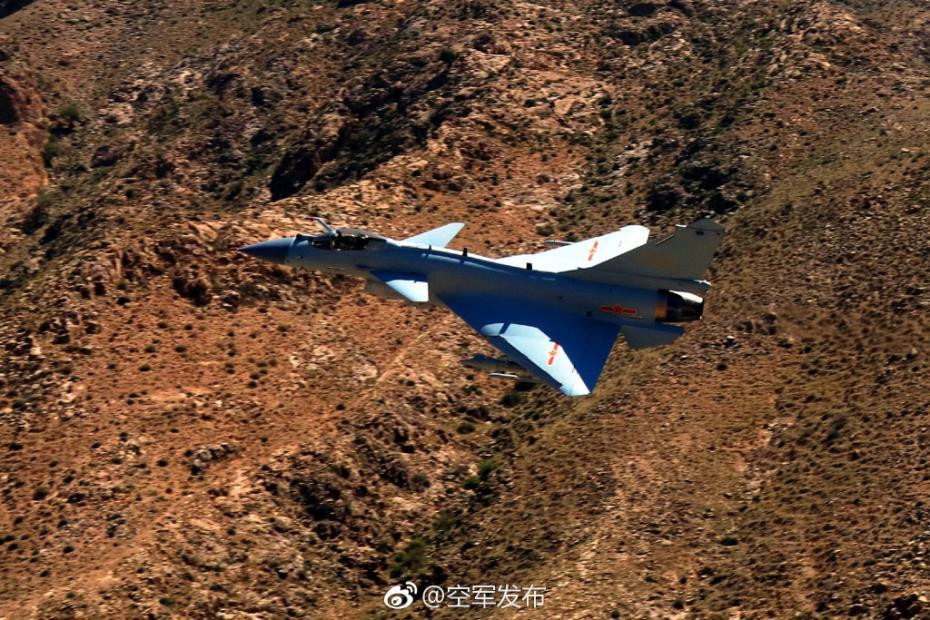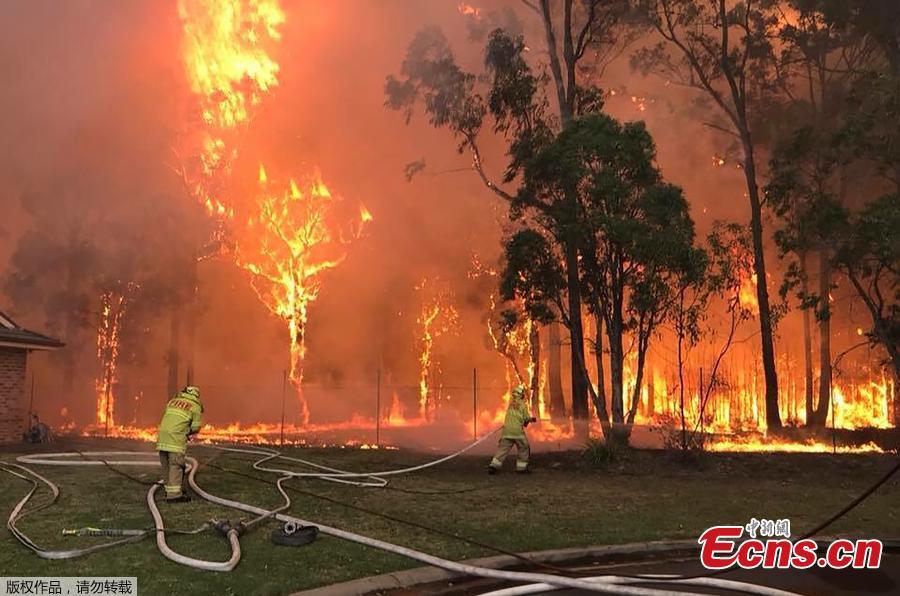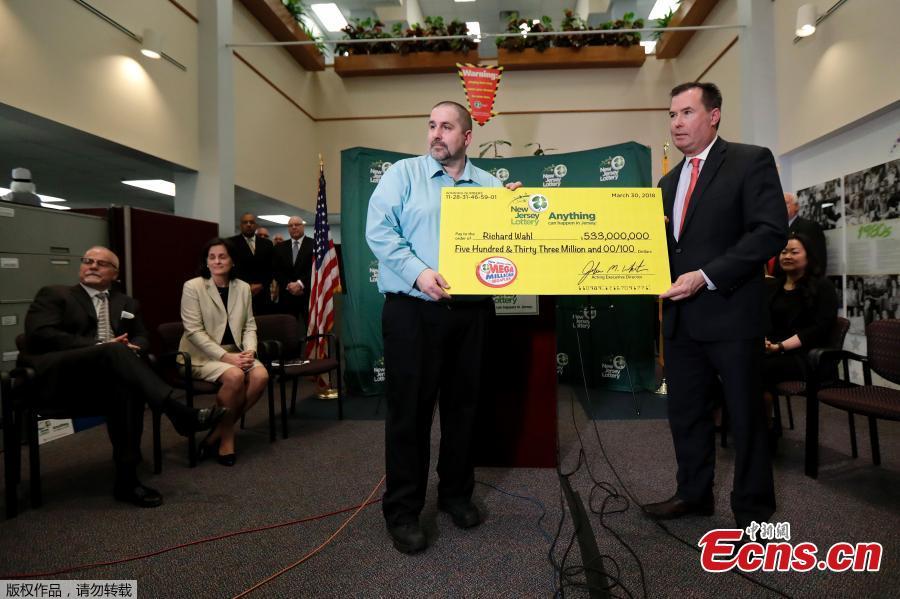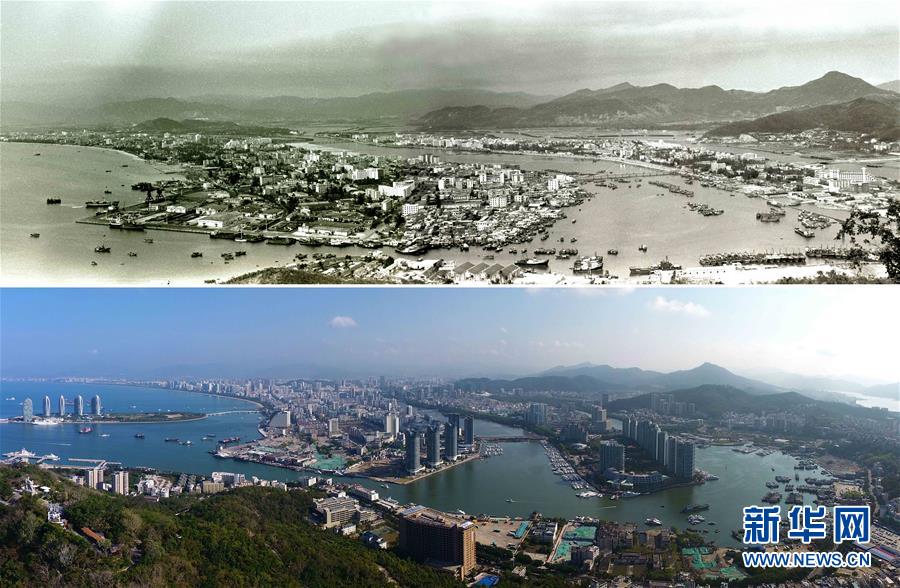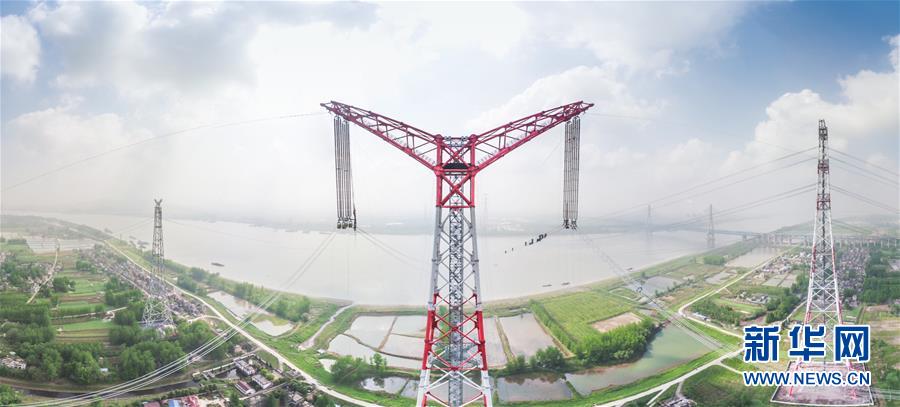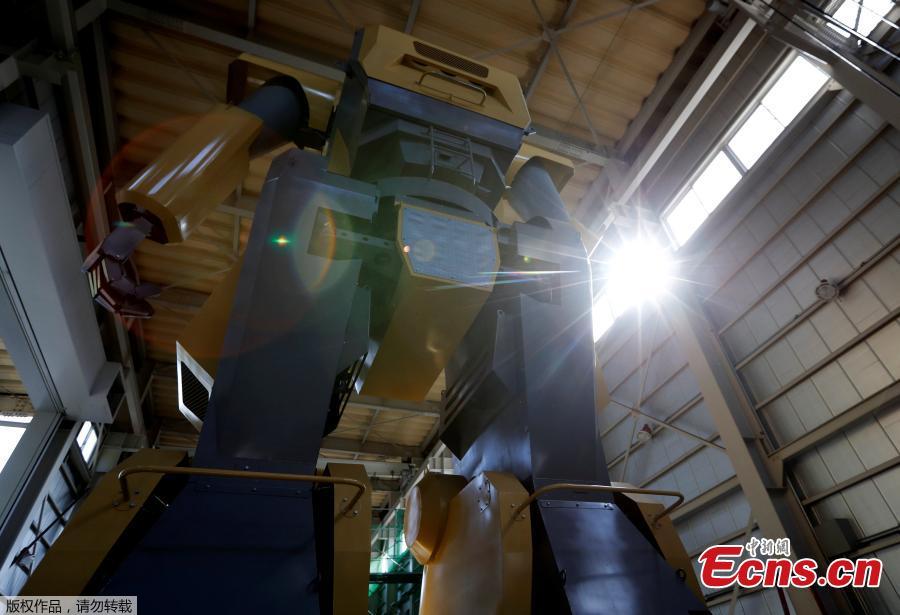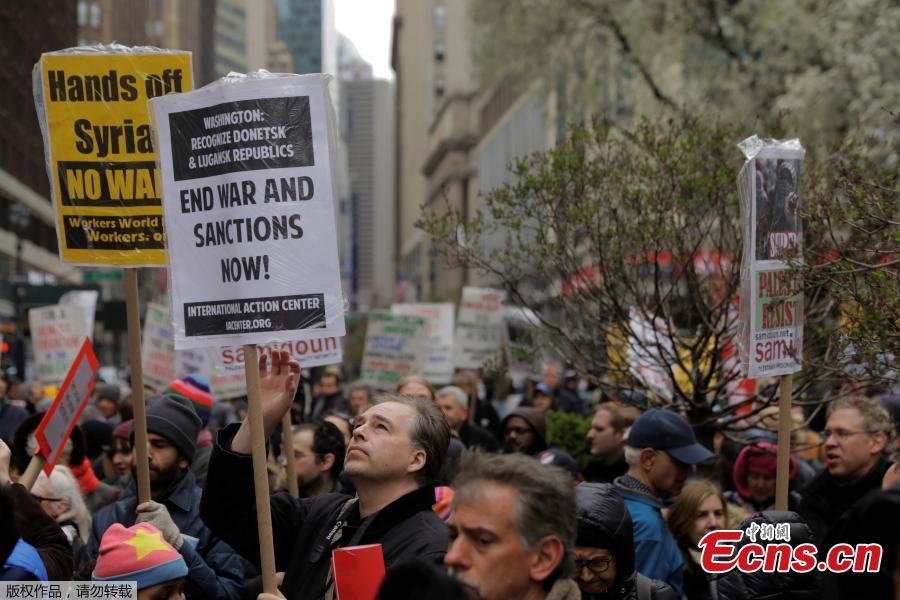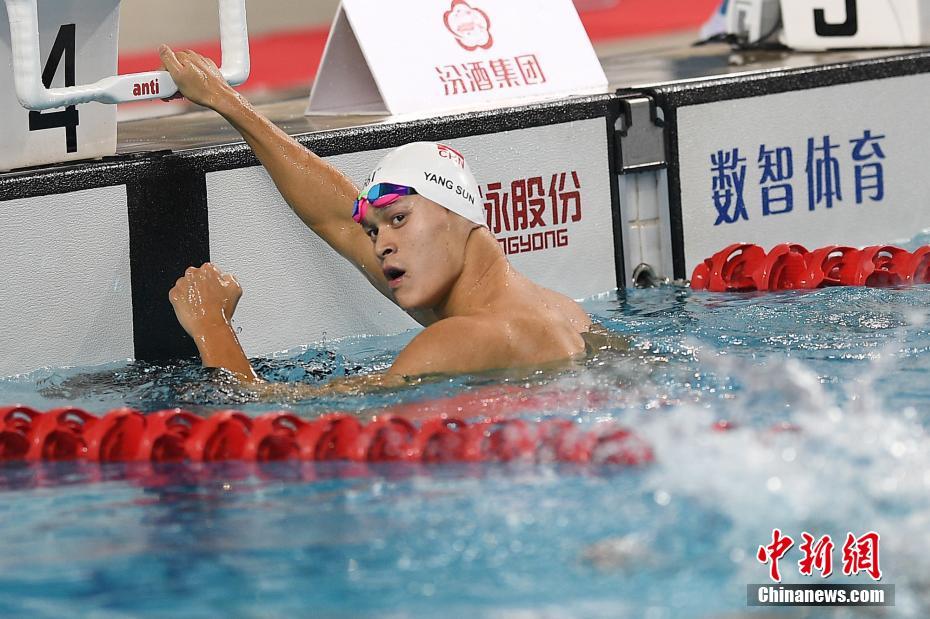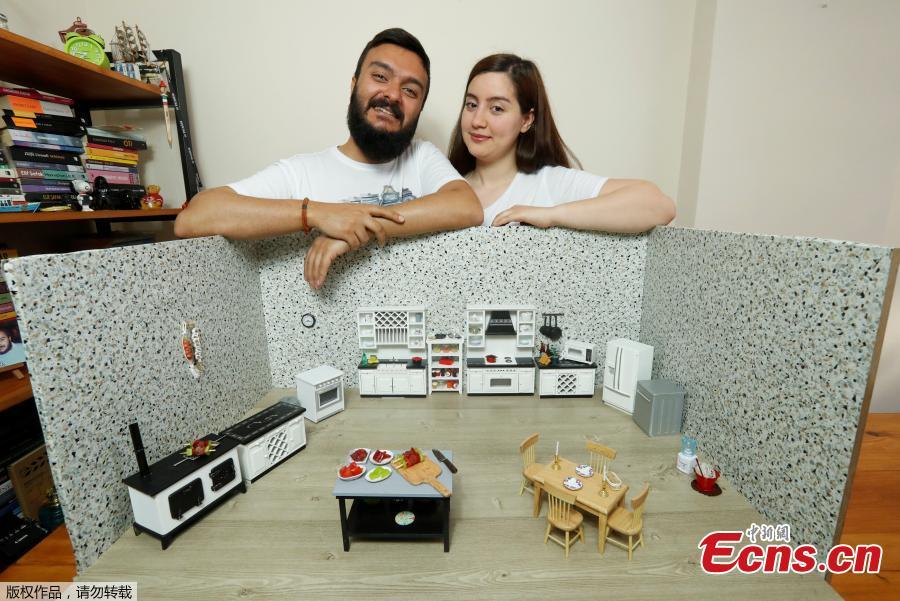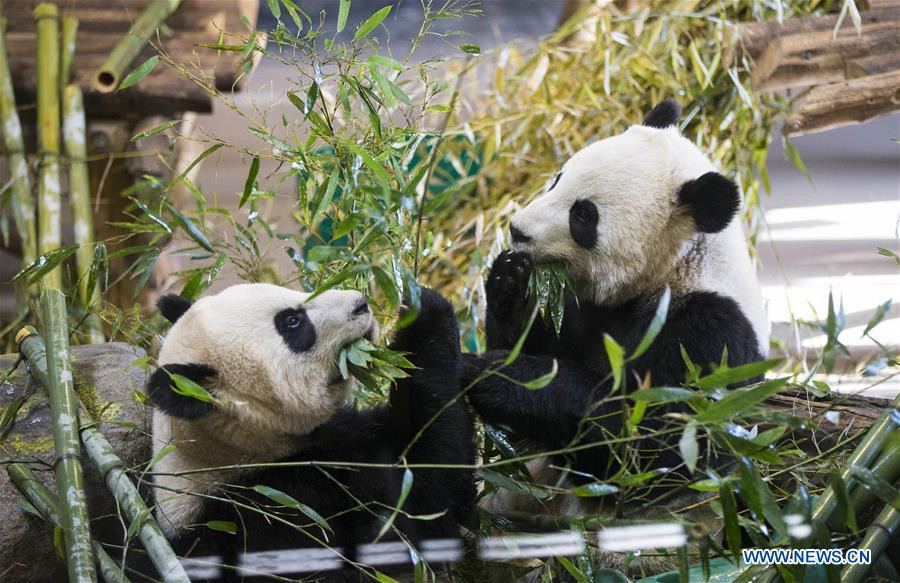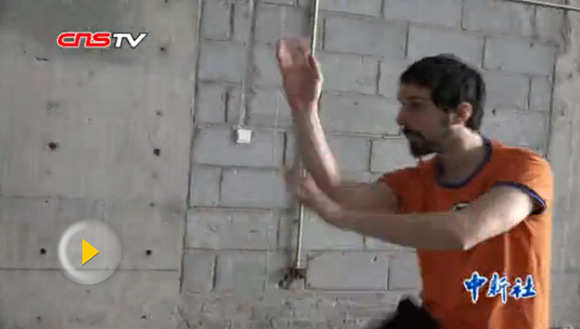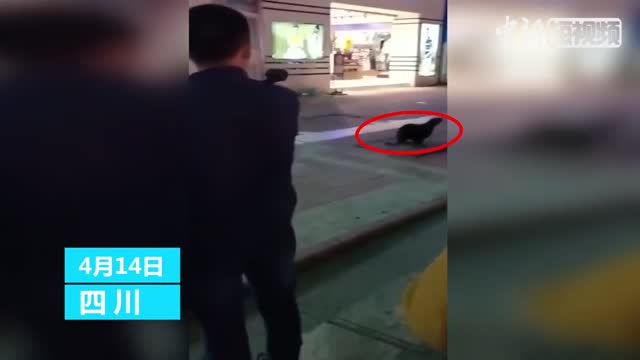Seeing great potential for further cooperation, China and Vietnam should better align the Belt and Road Initiative with the "Two Corridors and One Economic Circle" plan, Vice-President Wang Qishan told a Vietnamese delegation on Tuesday.
The plan was jointly released by the two nations in September 2015, aiming to promote cooperation in trade, agriculture, tourism and infrastructure between five Vietnamese provinces and the Guangxi Zhuang autonomous region and Yunnan, Guangdong and Hainan provinces.
The two corridors connect Vietnam's capital of Hanoi with Kunming, capital of Yunnan, and with Nanning, capital of Guangxi.
The delegation was headed by Nguyen Van Binh, a member of the Political Bureau of the 12th Central Committee of the Communist Party of Vietnam and the head of the CPV Commission for Economy.
China and Vietnam are socialist neighbors linked as a community of shared destiny, Wang said. They should implement consensuses reached by leaders of the two nations and effectively align the Belt and Road Initiative with Vietnam's development strategies to make new progress in the comprehensive strategic partnership they forged, he said.
The vice-president said China has entered a new era for socialism with Chinese characteristics and must be under the leadership of the Communist Party of China. The world's second-largest economy firmly adheres to a new concept of innovative, balanced, green, open and shared development, he said.
China has made endeavors to balance relations between today's needs and emerging development and between efficiency and equality to shift from high-speed growth to high-quality development, which is in line with the fundamental interests of the people, Wang said.
Binh said that China has registered huge achievements in its reform and opening-up, which provides helpful experiences for Vietnam. He said his country would like to expand cooperation with China in various fields.
Binh congratulated Wang on China's successful annual sessions of the 13th National People's Congress and the Chinese People's Political Consultative Conference National Committee in March.









